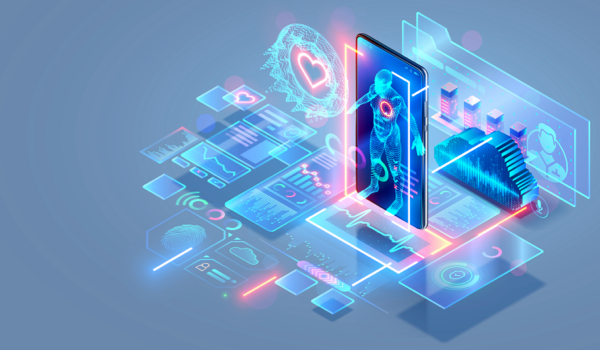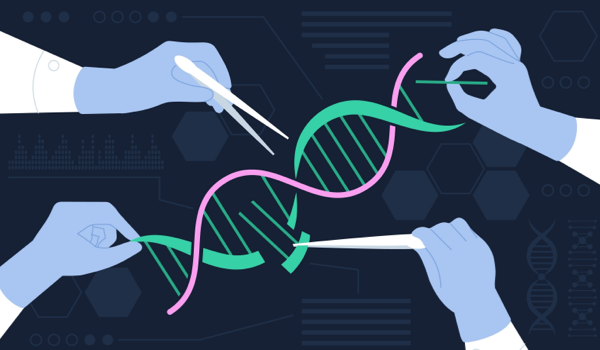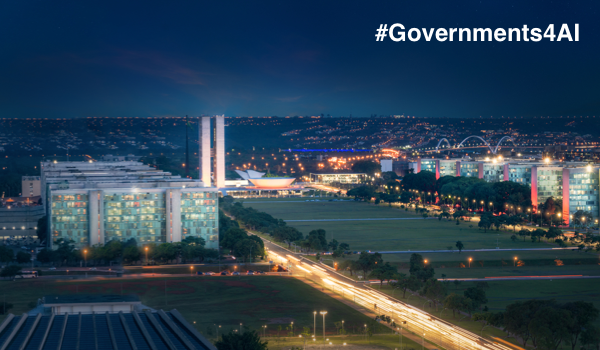


JOHANNESBURG - AI is a social technology that relies on how human beings interact and respond with the world around them. What makes the technology so powerful is its ability to process data in an intelligent way and continuously apply it to solve reoccurring complex problems in an adaptive manner.
When AI adapts through progressive learning, it essentially programs itself by learning from data, it finds structure and regularities in data so that its learning algorithms can acquire a certain degree of logic.
With this core ability to continuously analyze data using neural networks, deeper networks develop multiple layers to them. Through learning from deep neural networks, AI applications achieve a high level of accuracy, ultimately making the AI intelligent. It is this repetitive learning and discovery process through data that optimizes the output from AI to transcend from simply automated/repetitive tasks to high frequency, logical computerized operations.
In the medical field, AI techniques from deep learning and object recognition can now pinpoint cancer on medical images with improved accuracy. Google’s AI tool can flag cancerous cells better than clinicians. Its software detected cancers at higher rates than radiologists, with fewer false positives.1An AI algorithm could never replace the work of radiologists or physicians, but it will remain an essential guiding tool that can complement their practice. By the same token, the COVID-19 pandemic and a rise in cancer patient numbers has put pressure on medical infrastructure resulting in more common burnout and regional shortages among radiologists across the globe.
AI in the healthcare sector features prominently in a number of roles: health services management, predictive medicine, patient data and diagnostics, and clinical decision-making. Because AI technologies can ingest, analyze, and report large volumes of data across different mo
The content herein is subject to copyright by The Yuan. All rights reserved. The content of the services is owned or licensed to The Yuan. Such content from The Yuan may be shared and reprinted but must clearly identify The Yuan as its original source. Content from a third-party copyright holder identified in the copyright notice contained in such third party’s content appearing in The Yuan must likewise be clearly labeled as such. Continue with Linkedin
Continue with Linkedin
 Continue with Google
Continue with Google









 1344 views
1344 views








